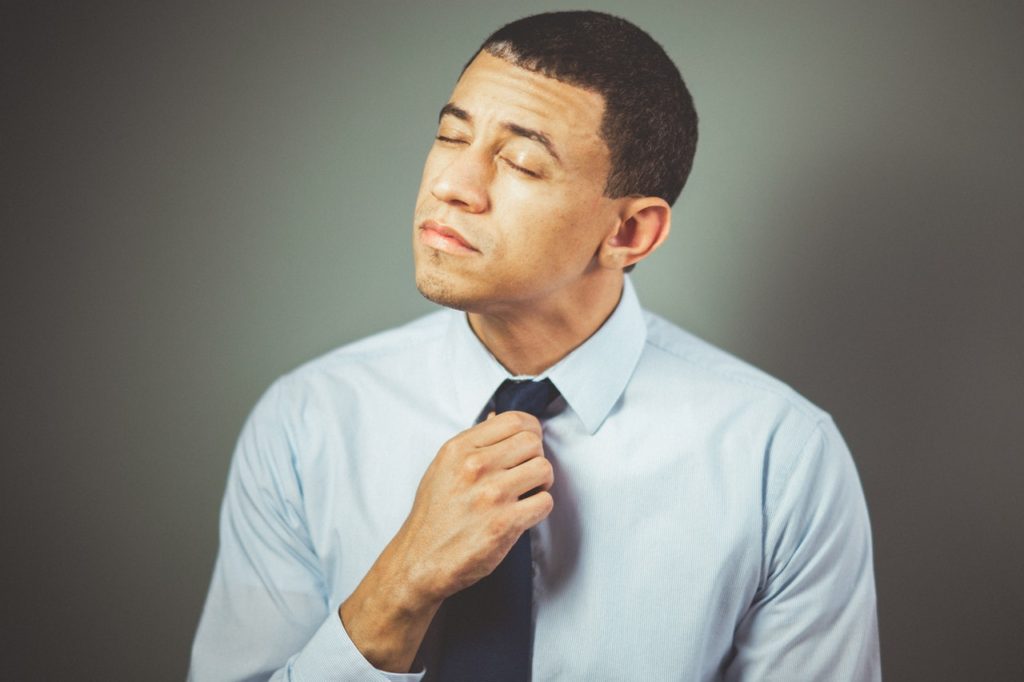Sneaky signs of Anxiety
We all know what anxiety feels like, or worse, what flat-out panic feels like. But there are other uncommon signs of anxiety that people often overlook.
1. Irritability
When someone is highly anxious, it’s like they are walking around with a full cup (full of worries and anxious thoughts). Any little extra poured into their cup, like a small stressor, can cause that cup to overflow and you see a reaction that is usually being very short and irritable. It could be something that is an everyday stressor like a traffic jam or your favorite coffee place being out of espresso. It causes you to be irritable, and look like you are over-reacting, but really the root cause is ongoing chronic anxiety.
2. Hoarding
Anxiety can show up in a scarcity mentality-the standpoint that there will never be “enough.” this can lead to hoarding behaviors like having a basement full of canned goods or a year’s worth of paper towels stashed under your bed.
3. Impulsive spending
Having chronic anxiety wears away our brain’s ability to make calm and calculated decisions, and so what’s left is our impulses. Impulsive spending is an uncommon sign of anxiety because the anxious mind can’t take a step back and think for a while about a purchase. Instead we just impulse-buy things we probably don’t need and cause further stress.
4. Changing life directions quickly (career, new apartment, switching majors)
This is also a sign of impulsivity that’s related to anxiety. If you find yourself making really big life decisions quickly without a lot of forethought that can be a sign of anxiety. Example are deciding to quit your job, switch entire careers, move to a new apartment, switch your college major, or end healthy relationships.
5. Crying (due to overwhelm)
Most people associate crying with signs of depression, and that’s true for some people. But anxiety can also lead you to cry due to feeling overwhelmed, rather than sad. If you find yourself feeling so anxious you are crying, you should reach out for help.
6. Indecisiveness
An anxious brain is an indecisive brain. Making decisions is taxing on our cognitive energy, and if you have lots of anxiety, your brain is already taxed due to racing thoughts and worries. Therefore, it’s more difficult to make decisions both large and small.
7. Racing Heart
Anxiety doesn’t just happen in the brain, it happens in the body too. When you are anxious, your body is getting signals from your brain to be on high alert to danger. You heart may beat faster because your body is trying to get a lot of blood to your limbs, to be ready to fight a threat or run away.
8. Insomnia
Anxiety can deeply disrupt sleep and our behaviors around sleep. Your worried thoughts can keep you from falling asleep, or keep you from falling back asleep. Worrying about what happened that day or what might happen the next can make for late nights, sleepy mornings, and too many night wakings.
9. Shakiness
For people with very high anxiety, their nervous systems get stuck in emergency mode, and one of the signs of this is shakiness. People may notice shaky hands, or a general overall feeling of shakiness in their bodies.
10. Dizziness
Along with shakiness, dizziness can be a sign of extreme or long-term untreated anxiety. The dizziness comes from an overwhelmed nervous system that can’t calm itself down. It’s a worrying symptom but usually harmless and clears up once anxiety gets under control with treatment.
11. Disorganization
When in a state of anxiety, our brains struggle with long-term planning and organization. It’s hard for our brains to put tasks in order, or clump them into an order of operations. What results is general disorganization. If you’re anxious, it may show up in missed meetings, running late, a messy home, forgetting to pay bills, and the like.
12. Weight Loss
Anxiety leads to a state of high alert in the body, which naturally suppresses appetite. With a low appetite, people usually lose weight and are undernourished. It’s a double-whammy because in order to calm down your whole system you need good, nutritious food and regular meals, so that your blood sugar doesn’t drop and increase your anxiety.

